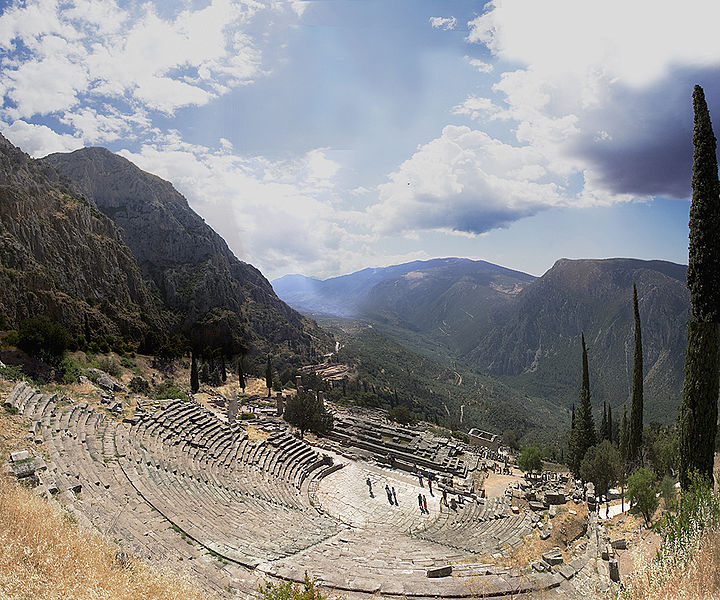The year 2013 did not bring anything groundbreaking to Slovakia’s woods and fields. Budget deficit was not reduced; rather the opposite. The national debt keeps growing. The government is raising taxes, even though it promised that taxes would not be raised. And all this is pretentiously called a “fiscal consolidation.”
Slovakia has fallen in almost every ranking that measures quality of business environment. There were times when Slovakia was a country envied for its reform efforts. The year 2013, which symbolically sent the flat tax to the past, definitively confirmed that we have fallen below average and we are lagging behind. The Index of Economic Freedom by Heritage Foundation, the Index of Economic Freedom by Fraser Institute, World Bank’s Doing Business, World Economic Forum’s ranking, IMD’s competitiveness ranking – all these rankings are telling us the same thing: better times in Slovakia are long gone. More and more entrepreneurs are thinking about going out of business. It almost looks as if a labour officer were the busiest profession around.
The situation in our immediate surroundings is a little better. Even the Oracle of Delphi would not dare to predict the future of Europe. That is because the member states of the European Union have sent out vastly different signals about their visions of EU’s further development. France is consistently trying to push through its vision of united economic government in Europe, which would make the EU a centralized superstate. On the other hand, at the beginning of the year, the British prime minister announced an intention to hold a referendum on the UK’s EU membership. And the Netherlands is looking for allies to support the transfer of powers from the EU level back to the level of member states.
The Eurozone has not broken down yet, but also it has not resolved any of its crucial problems either. Job markets remain woefully inflexible, overregulation of the economy is reaching absurd heights and the only thing keeping the euro afloat is the ECB governor’s promise to do “whatever it takes to preserve the euro” from the summer of 2012. In an immediate reaction to the crisis, many states tried to save up and economise, but many of them were not able to accomplish this endeavour. In the never-ending battle between austerity and pro-growth supporters, the latter enjoyed a victory in the second half of 2013. A shift from austerity to growth stimulation by financial helicopters, quantitative easing and targeted public investment was authorized by a majority of international organisations, including the International Monetary Fund. It is, however, a Pyrrhic victory.
The year 2013 also brought some sad news for theoretical economists. Two Nobel Prize winners, Ronald Coase and Elinor Ostrom, passed away. Ronald Coase died at a respectable age of 103. His contributions to the economic science include the theory of the firm based on transaction costs. Elinor Ostrom spent her whole life studying production systems of public goods and services based on mutual trust and cooperation, outside the traditional framework of the state or the market.
And finally, some “good“ news. The OECD published a report which focuses on the problem of nations’ decreasing confidence in their political representatives, governments and political parties. According to the report, confidence in the national government in the Slovak Republic increased by 20% between 2007 and 2012, the strongest increase across the OECD. A little politological mystery emerges. The years 2007 and 2012 are the years of Fico’s first and second governments. Let us leave this little “Sudoku” for insider political scientists. We may know the answer as soon as 2014…
Translated by: Jakub Jablonický



